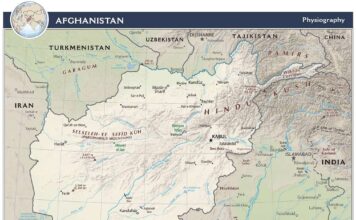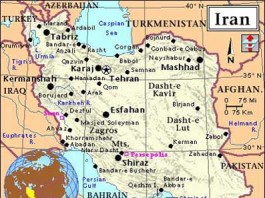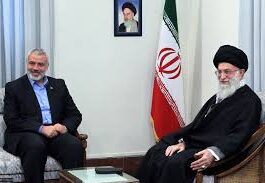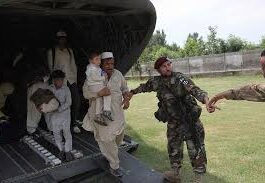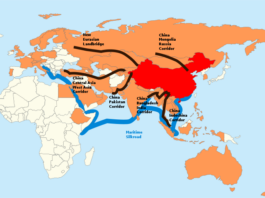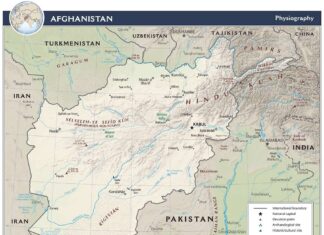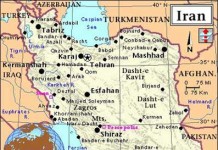Global Realignment
GLOBAL REALIGNMENT
The pace of global flux is tremendously increasing while producing unprecedented political, economic, and security implications. At the first level, there is a need to identify what is changing and the variables behind the flux, and at the second level, there is a necessity to understand what risks and opportunities are likely to be generated as a result.
For instance, China’s larger One Belt One Road (OBOR) vision has raised questions about how it compares with the American New Silk Road architecture for South and Central Asia. The shape of present day trade and economic passages were pretty much shaped by geographical proximity, historical linkages, and the present day political realties, and China intends to realign them in its favor. And when one does that, it has the potential to unveil economic opportunities and security risks that previously did not exist and were not anticipated.
Then there is the question of how the Trans Pacific Partnership (TPP) and the Transatlantic Trade and Investment Partnership (TTIP) agreements (if they are finalized) are likely to play out in contrast to what BRICS is attempting to shape via institutions like the Asia Infrastructure Investment Bank (AIIB). These are immensely intricate institutions which are seen as giving advantage to one or the other player.
Moreover, the opening of Iran following the nuclear deal with the P5 + 1 and the on-going and ever-widening turmoil in the Middle East are all dramatically shifting international relations – as the role of Russia becomes more prominent while that of US recedes.
The initiation of the China-Pakistan Economic Corridor (CPEC) and the increasing global focus on the Indian Ocean and the Pacific (also identified as the Indo-Pacific region) and Central Asia, leads to the question: what do these developments mean from the vantage point of South and Central Asia, including Middle East?
PoliTact is pioneering in interpreting these game changing developments from the vantage point of South Asia and Middle East.
Subscribe to receive strategic insights that help in navigating the complex emerging future.
Emerging and Established Power Dynamics In South Asia
Pakistan-Afghanistan Tensions, Trump, And Wakhan Corridor
By Naade Ali
South Asia and Middle East Analyst
Context
Since the withdrawal of US and NATO troops from Afghanistan in the aftermath of 2020 Doha Agreement,...
Future of Afghanistan and Balance of Power
US-China Cooperation vs. Competition
Global Power Tussles and Islamic World
US and Islamic World
Two-State Solution, Future Of Gaza, And Iran
By Naade Ali
South Asia and Middle East Fellow
Context
In the post October 7, 2023, Hamas led attack on Israel, the geopolitics of Middle East is...
China and Islamic World
The Iran-Pakistan Gas Pipeline Project: Economic and Geopolitical Realities
Context
The saga of the Iran-Pakistan Gas Pipeline project is a stark illustration of how geopolitical complexities can impede critical infrastructure development, even when the...
Russia and Islamic World
The Pivot to Asia: How Will South Asia and Middle East Respond?
The Pivot and South Asia - Indo-Pacific Strategy
Great Power Rivalry And China’s Deepening involvement In South Asia, Gulf States
Context
In an endeavor to understand the emerging geopolitical realities, PoliTact partners with leading thought centers to understand the longitudinal multi-faceted tangents of a particular...
Status of Global Alliances: US Afghan Withdrawal, Evolution Of SCO, And Creation Of AUKUS
Context
The Shanghai Cooperation Organization (SCO) held its head of state summit in Dushanbe, Tajikistan on September 17. The conference took place in the backdrop...
The Pivot and Middle East
Two-State Solution, Future Of Gaza, And Iran
By Naade Ali
South Asia and Middle East Fellow
Context
In the post October 7, 2023, Hamas led attack on Israel, the geopolitics of Middle East is...
Assad’s Demise And The Shifting Balance Of Power In Middle East
By Naade Ali
Context
The chain reaction that got underway in the aftermath of Hamas October 7, 2023 attack on Isreal, continues to unfold at a...


